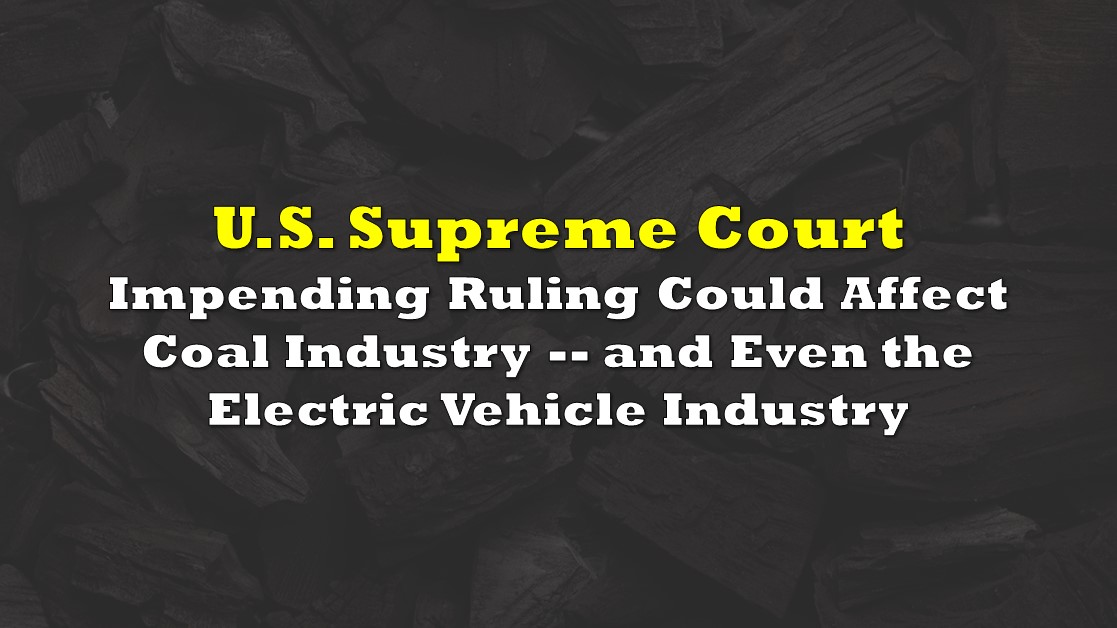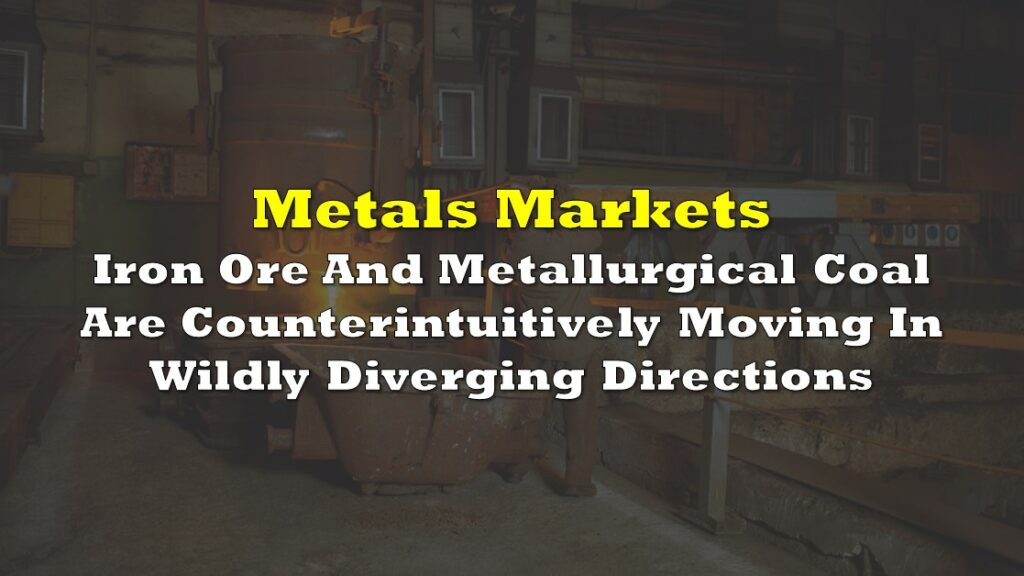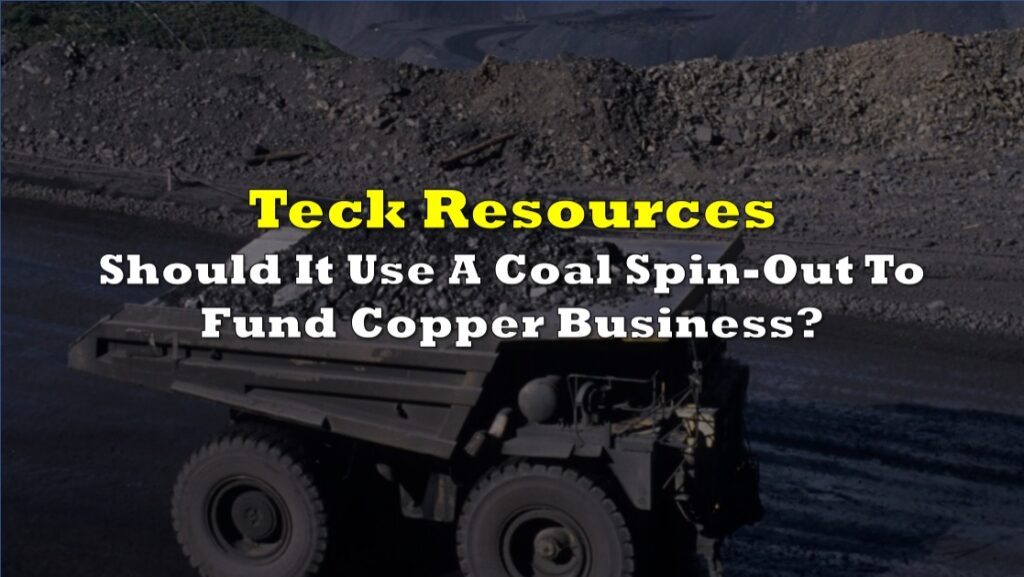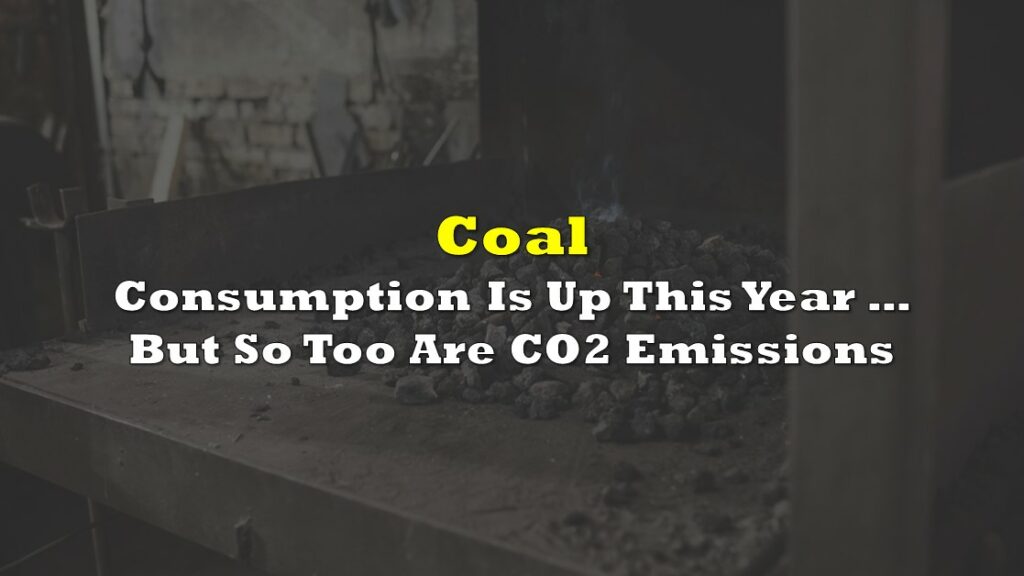One of the most consequential environmental court cases in years is ripe for a decision at the U.S. Supreme Court, yet it receives little attention in the media. The decision will directly impact the coal mining industry, and its implications could ripple into the electric vehicle (EV) business.
So what is the case?
In West Virginia v. EPA, many coal mining companies, as well as 19 primarily Republican-leaning states, claim the U.S. Environmental Protection Agency (EPA) does not have the sweeping powers the Biden Administration claims it has to make new rules limiting carbon emissions nationwide. A lower court sided with the Biden Administration, and the Supreme Court decided to hear Big Coal’s appeal of that decision.
How the Republican-leaning Court (a 6-3 conservative majority) rules could very well dictate whether the U.S. meets President Biden’s goals of cutting carbon emissions in half by 2030 and shifting decisively to carbon-free electricity by 2035. These lofty aspirations are predicated on making housing more energy efficient and reducing carbon emissions in the transportation sector (e.g., many more EVs).
The Supreme Court heard oral arguments on the case on February 28, and many accounts suggest the conservative justices seemed sympathetic to Big Coal. In particular, Justice Samuel Alito, a conservative, told a Biden Administration lawyer that the EPA has larger ambitions than regulating individual power plants. (The power sector is the second largest source of greenhouse gas emissions in the U.S.; the transportation sector is the largest.) He said the agency, an unelected body, desires to “set energy policy” for the entire nation.
The EPA’s power expanded enormously in 1970 when the U.S. Congress passed the landmark Clean Air Act which charged the agency to protect the health of the country from airborne contaminants. In prior decisions, the Supreme Court has asserted that greenhouse gases are among these contaminants.
The crux of the coal companies’ and Republican states’ argument is that major rules governing Americans’ lives must stem from laws passed by Congress and not from an agency of the Administration. Indeed, the current composition of the Supreme Court seemed to embrace this principle in a January 2022 decision. In that case, the justices invoked these grounds to block another agency of the Administration — the Occupational Safety and Health Administration (OSHA) — from imposing a mandate that private employers with 100 or more employees require workers to either get vaccinated against COVID or undergo regular testing and masking. The Court ruled that OSHA’s directive exceeded its statutory authority to address workplace hazards.
If the U.S. Supreme Court were to rule in favor of the coal companies and Republican states, the U.S. thermal coal industry could be poised to rally even further. Like many energy plays, those stocks have jumped this year. In addition, such a ruling could pour some cold water on the most bullish clean energy adoption projections. It follows that one interpretation of such a Court ruling could be that it brakes the extremely rapid growth expectations priced into many EV stocks.
Information for this briefing was found via Edgar and the companies mentioned. The author has no securities or affiliations related to this organization. Views expressed within are solely that of the author. Not a recommendation to buy or sell. Always do additional research and consult a professional before purchasing a security. The author holds no licenses.









